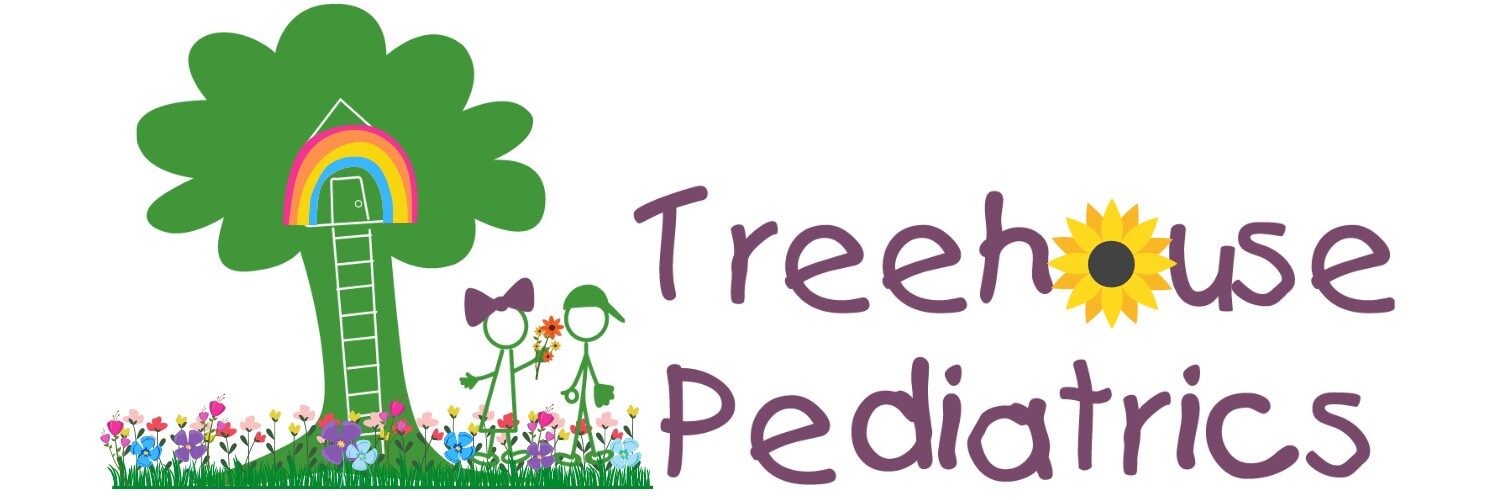ADHD/ADD
Almost all children have times when their behavior veers out of control. They may speed about in constant motion, make noise nonstop, refuse to wait their turn, and crash into everything around them. At other times they may drift as if in a daydream, unable to pay attention or finish what they start.
However, for some children, these kinds of behaviors are more than an occasional problem. Children with attention deficit hyperactivity disorder (ADHD) have behavior problems that are so frequent and severe that they interfere with their ability to live normal lives.
ADHD is a chronic condition of the brain that makes it difficult for children to control their behavior.
The condition affects behavior in specific ways. For example, children with ADHD often have trouble getting along with siblings and other children at school, at home, and in other settings. Those who have trouble paying attention usually have trouble learning. An impulsive nature may put them in actual physical danger. Because children with ADHD have difficulty controlling this behavior, they may be labeled “bad kids” or “space cadets.”
Effective treatment is available. If your child has ADHD, your pediatrician can offer a long-term treatment plan to help your child lead a happy and healthy life. As a parent, you have a very important role in this treatment.
Left untreated, ADHD in some children will continue to cause serious, lifelong problems, such as poor grades in school, run-ins with the law, failed relationships, and the inability to keep a job.

| According to national data, ADHD affects about 9.4% of U.S. children ages 2-17―including 2.4% of children ages 2-5 and 4%-12% of school-aged children. Boys are more than twice as likely as girls to be diagnosed with ADHD. Both boys and girls with the disorder typically show symptoms of an additional mental disorder and may also have learning and language problems. |
|---|
